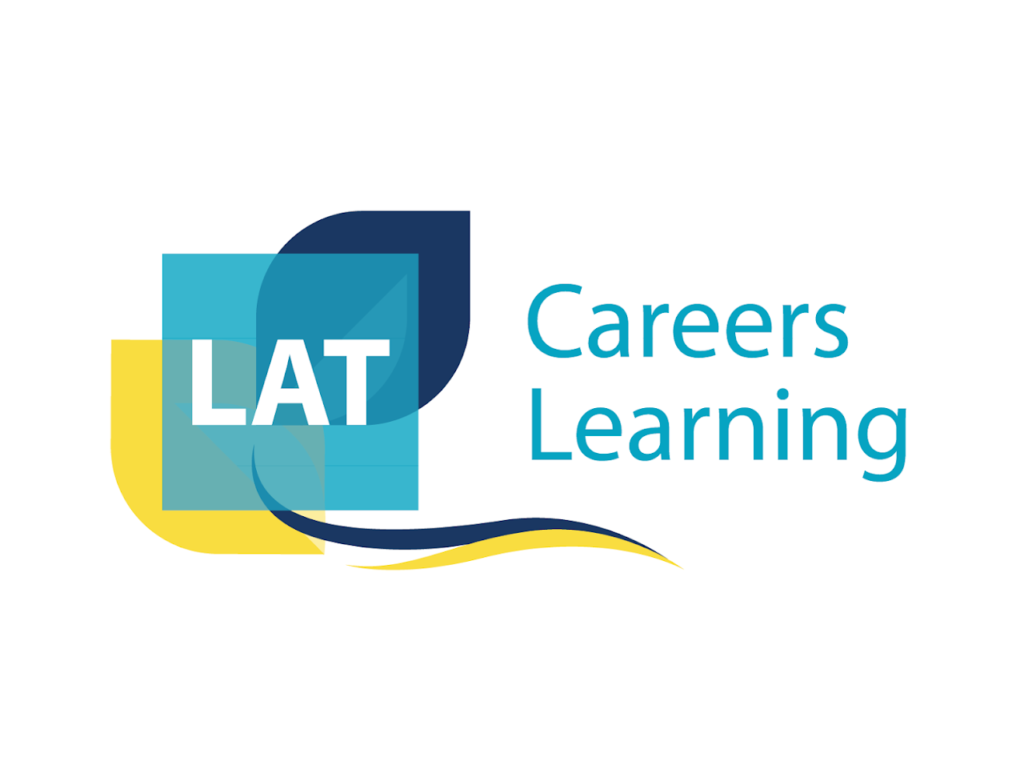IB programmes challenge pupils to excel in their studies, encouraging both personal and academic achievement.
The choice of doing the full IBCP, IBDP or a free-standing IB subject would be based on what the academy is offering at the time as well as the pupil’s own strengths and interests. Future aspirations will also play a part in the decision.
This page is designed to help pupils to make informed choices about their future options.
IB Glossary
IB MYP – IB Middle Years Programme (key stage 3)
IBCP – IB Career-related Programme (key stage 5)
IBDP – IB Diploma Programme (key stage 5)
EE – Extended Essay
TOK – Theory of Knowledge
CAS – Creativity, Action, Service
RP – Reflective Project (part of IBCP)
HL – Higher Level (equivalent to A-Levels)
SL – Standard Level (equivalent to AS Levels)
IB Learner Profile Characteristics – 10 characteristics pupils will develop
The IBCP (Career-related Programme)
The IBCP combines at least one vocational course with two IB diploma courses. There may sometimes be the option to do an A level in addition to this. It also includes a “core” that consists of 4 aspects;
- Personal and Professional Skills
- Service Learning
- Language development
- Reflective Project (accredited by OFQUAL)
The Core Programme is also designed to link-up curricular learning to the world of work and encourage employability skills (linked to the IB Learner Profile Characteristics).
To be awarded the full IBCP, pupils must:
- Pass two IB diploma courses at grade 3 or above (at either HL or SL – higher or standard level)
- Pass at least one level 3 vocational qualification (such as a single award BTEC)
- Gain at least grade D for the Reflective Project
- Complete the Core Programme
The IBDP (Diploma Programme)
IBDP pupils take 6 subjects; 3 HL subjects and 3 SL subjects plus the DP core. Grades are based on a 1-7 score system; 7 being the top mark. (45 is the maximum score for the overall diploma, which includes the EE and TOK – which are part of the core (see below).
The TOK and EE are graded A-E. The two grades are then combined to give an overall score between 0-3. CAS is not graded but must still be completed – it can include voluntary work or other areas of interest already pursued outside school.
If pupils don’t pass the overall Diploma, they may still obtain some valid UCAS points for University entry. (See FAQs below).
To be awarded the full IB Diploma pupils must:-
- score at least 24 points in total (6 subjects)
- pass all aspects of the award including the “core” components
- not have any scores of 1 in any subject (a fail)
- have no more than one SL subject at grade 2
- score above 3 in all the HL subjects
- no more than 3 total subjects at grade 3
- not score an E in either the TOK or EE.
- there are 6 subject areas or categories in which you need to study
the myp (middle years programme)
In LAT Academies, this is offered in key stage 3. Following the usual themes and ethos of IB, this programme holistically addresses pupils’ development in their intellectual, social, emotional and physical wellbeing. It encourages them to develop the knowledge and attitudes necessary for successful futures.
There are 8 subject groups and a community project (for the three year programme).
frequently asked questions
Please note, where it says “IB programmes” it is referring to IBCP, IBDP or a singular IB subject studied as part of key stage 5 full-time study alongside other courses.
It depends on what the pupil wants to achieve. Some people love it and some don’t. It can equate to more UCAS points – if you get the right grades. It is also designed to prepare you for further study and the world of work, alternative routes often don’t cover this information in the same depth. IB qualifications are also internationally recognised and valued. Here is one teacher’s view.
Many pupils enjoy the programme and find it worthwhile. Some subjects are not more difficult than A Levels, and have a coursework element. However, some people believe it is harder than other qualifications because it covers more content and pupils will study more subjects if they choose the IBDP. It also incorporates the whole-person approach (character development as well as academic achievements) which some may find relatively challenging, while others find it interesting and purposeful.
Yes, if that particular University allows this and enough UCAS points have been built up. Pupils will still get grades and UCAS points for the subjects they passed. Please check the entry requirements with universities directly.
If it is a HL then yes. If it is an SL, it is equivalent to an AS level (half an A-Level).
Yes and no. If it is the full IBDP then yes, there are 6 categories / subject groups and pupils will need to choose a subject in each one (see links below). It depends on which programme is chosen. For IBCP, you need to do 2 IB subjects plus the “core” elements.
This is the option a pupil can take if they did not want to study the IBCP or IBDP but still wanted to study a subject under IB. The Certificate is the award received at the successful completion of a single IB subject. For example, if someone studied 2 A-level subjects and also opted for IB Business Management (a total of 3 subjects as a full-time programme at 6th form) they would be awarded the grades for their A-levels plus the grade from the IB subject. This would give the pupil a total number of UCAS points combining those 3 scores.
ib learner profile
The International Baccalaureate learner profile describes a broad range of human capacities and responsibilities that go beyond academic success.

Balanced
“We understand the importance of balancing different aspects of our lives-intellectual, physical and emotional-to achieve well-being for ourselves and others. We recognise our interdependence with other people and with the world in which we live.”

Caring
“We show empathy, compassion and respect. We have a commitment to service, and we act to make a positive difference in the lives of others and in the world around us.”

Communicator
“We express ourselves confidently and creatively in more than one language and in many ways. We collaborate effectively, listening carefully to the perspectives of other individuals and groups.”

Inquirer
“We nurture our curiosity, developing skills for inquiry and research. We know how to learn independently and with others. We learn with enthusiasm and sustain our love of learning throughout life.”

Knowledgeable
“We develop and use conceptual understanding, exploring knowledge across a range of disciplines. We engage with issues and ideas that have local and global significance.”

Open-minded
“We critically appreciate our own cultures and personal histories, as well as the values and traditions of others. We seek and evaluate a range of points of view, and we are willing to grow from the experience.”

Principled
“We act with integrity and honesty, with a strong sense of fairness and justice, and with respect for the dignity and rights of people everywhere. We take responsibility for our actions and their consequences.”

Reflective
“We thoughtfully consider the world and our own ideas and experience. We work to understand our strengths and weaknesses in order to support our learning and personal development.”

Risk Taker
“We approach uncertainty with forethought and determination; we work independently and cooperatively to explore new ideas and innovative strategies. We are resourceful and resilient in the face of challenges and change.”

Thinker
“We use critical and creative thinking skills to analyse and take responsible action on complex problems. We exercise initiative in making reasoned, ethical decisions.”


